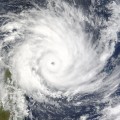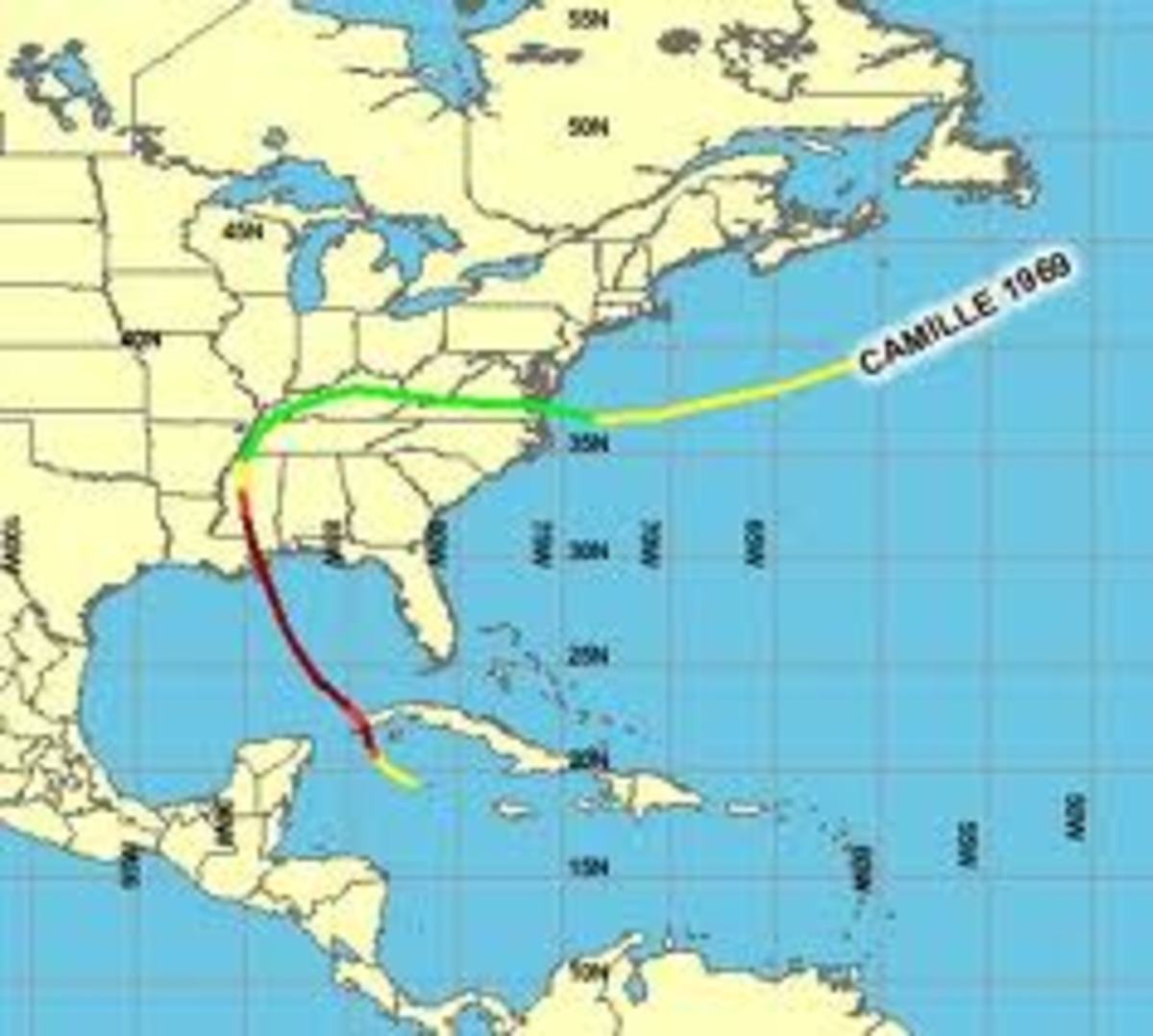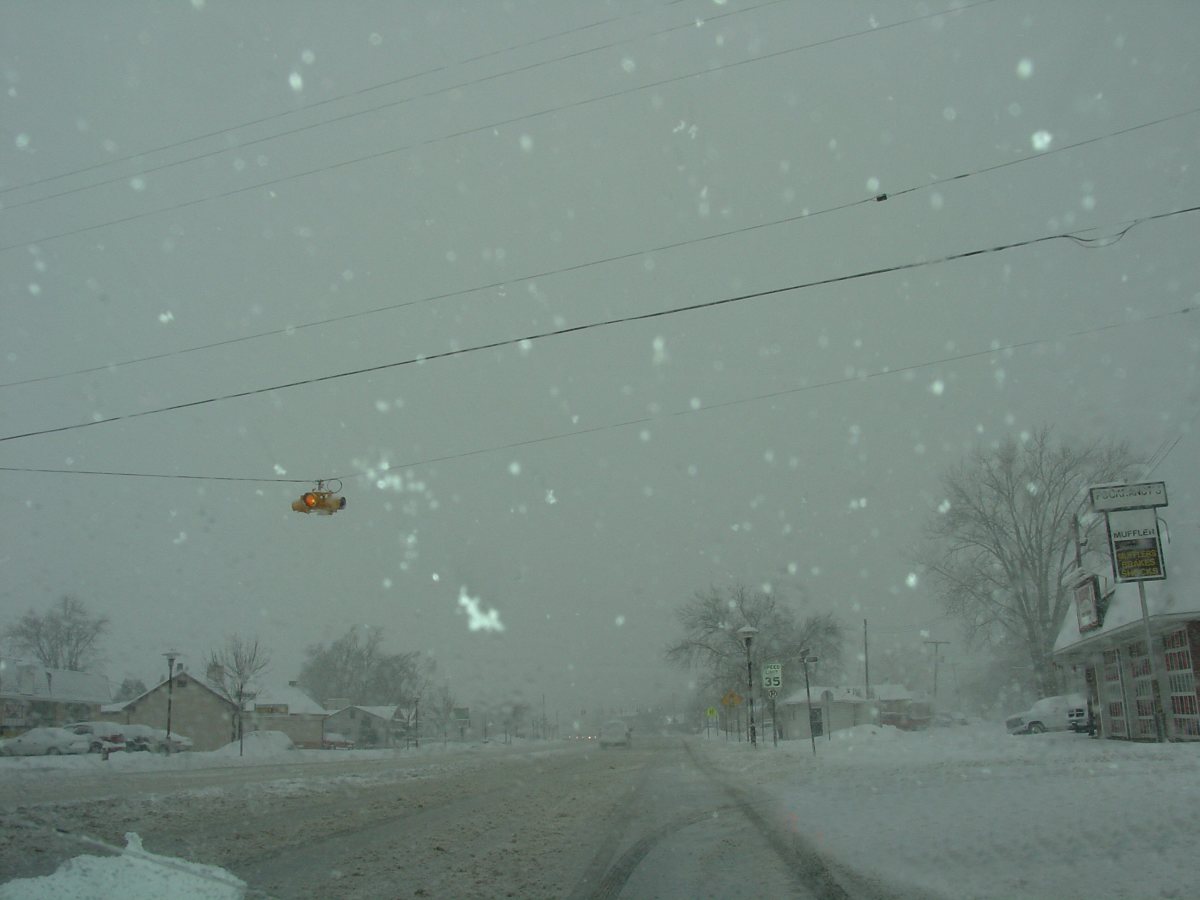Hurricane Season Survival Tips
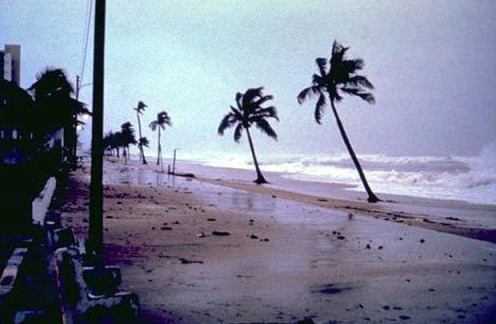
Hurricane Season Will Come Again; Here's What You Need to Prepare
The Atlantic Hurricane Season runs from June 1st through November 30th, and if you live anywhere near coastal areas in the southern or eastern parts of the U. S., you know about the fear and trepidation that time of year can bring when it comes to weather. You also know how important it is to be able to respond quickly just in case severe weather strikes in the region where you live. Are you prepared for the possible life-threatening and property-damaging effects of a hurricane?
Live Anywhere Near The Top Ten Most Hurricane Prone Areas in the U. S.?
The International Hurricane Research Center at Florida International University, Miami, says the 10 areas of the U.S. mainland most prone to hurricanes include:
1. New Orleans, La.
2. Lake Okeechobee, Fla.
3. Florida Keys
4. Coastal Mississippi
5. Miami/Ft. Lauderdale, Fla.
6. Galveston/Houston, Tex.
7. Cape Hatteras, N.C.
8. Eastern Long Island, N.Y.
9. Wilmington, N.C.
10. Tampa/St. Petersburg, Fla.
According to the website Clovered.com, before the 2019 hurricane Season, the top ten hurricane states, based on the number of hurricanes in recorded history, included the following:
- Florida: 120 (37 major hurricanes)
- Texas: 64 (19 major hurricanes)
- North Carolina: 55 (7 major hurricanes)
- Louisiana: 54 (17 major hurricanes)
- South Carolina: 30 (5 major hurricanes)
- Alabama: 24 (5 major hurricanes)
- Georgia: 22 (3 major hurricanes)
- Mississippi: 19 (8 major hurricanes)
- New York: 15 (3 major hurricanes)
- Massachusetts: 12 (1 major hurricane)
As a resident of the Houston area, I’m used to the endless procrastination that can occur when it comes to getting ready for a big storm. In addition to causing devastating property damage, as someone who most recently survived both Ike and Rita, I know the wind and rain accompanying a hurricane can destroy and/or greatly alter human lives too. That’s why the possibility of hurricanes and other forms of severe weather coming to visit is nothing to dismiss casually, even though most of us have survived many in the past.
First, we must trust and feel safe inside God’s will for our lives, and after that, we must use the brain He gave us to do what we can to help ourselves, our families, and possibly our neighbors. This year, unlike many in the not-so-distant past, I’m planning to do all I can to prepare for the possibility of having to survive a hurricane—on more than a moment’s notice.
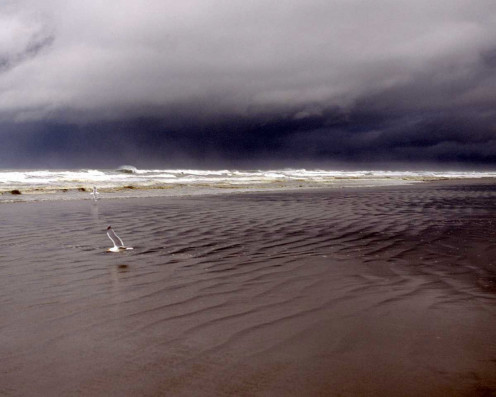
Before you are in the path of a hurricane that will make land-fall, you should prepare a supply kit containing:
- Flashlights and a battery-powered radio, good working condition, along with extra batteries for each item.
- Rain gear/protective clothing, and quilts/blankets/sleeping bags.
- First aid kit filled with basic medications/items, such as rubbing alcohol, hydrogen peroxide, bandages, cotton balls, and so on.
- Water. Three gallons per person, according to the American Red Cross, should be enough to last three days.
- Canned foods, along with a can opener. This could sustain you and your family for the duration of the storm and for several days after, in case you lose electricity and refrigeration as a result of the storm.
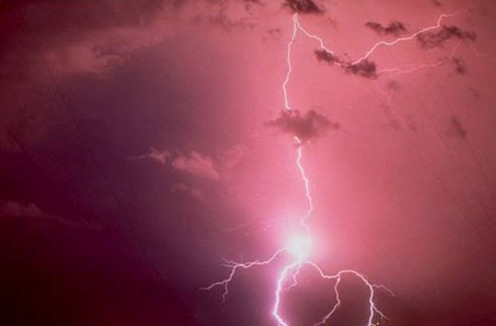
When a Severe Storm is Approaching
- Take warnings seriously by heeding them. A “hurricane watch” is issued to alert you that conditions are favorable, and that a hurricane could develop within 24 to 36 hours. Stay tuned to news reports for information once a watch has been issued. A “hurricane warning” means a hurricane has developed and is expected to hit your area within 24 hours or less. You should take immediate actions to protect your life and property.
- Know where you will go. If you live alone, or if you live in a home or structure that may not be built to withstand hurricane-force winds, you mike want to pick a few places you could go—a designated shelter, where you will stay until the hurricane passes.
- Prepare a kit where you will keep important phone numbers, in both a print and electronic format, if possible, so that you can take and keep this information with you. It might also be a good idea to keep a road map of your area in the kit too, in case the weather forces you to have to drive in places you’re not familiar with.
- Hurricane rains can bring flooding. If you must drive, remember never to drive over standing water. It can be impossible to know how deep the water is, and your vehicle can become submerged, with you in it.
Hurricane Warnings Should Be Taken Seriously ...
During a Hurricane
If a large, slow-moving hurricane hits, you can expect to need to stay hunkered down in as safe a place as possible, anywhere from two to 12 hours. Following are some tips that could help you stay safe:
- If possible, be sure to call a member of your family, or other emergency contact, to let them know where you are and what conditions are like.
- Stay away from unprotected windows. If winds are in excess of 40 miles per hour, it is not safe to stand in front of windows.
- Make sure you have put inside coolers any prepared food you intend to eat. You could lose electricity during the storm.
- Do not use candles or any type of “open flame” during a storm with high winds. If a window should break, flames could be spread.
- If electrical power begins to blink off and on, it could help for you to limit the number of circuit breakers in use. Turn off all breakers but the one powering a light or lamp in an internal room or area.
- Use stairs, instead of an elevator, if you need to in order to get to a safe place to wait out the storm. Elevators are powered by electricity, and electrical power can be lost during severe weather.
Flooding Can Occur During and/or After Hurricanes
Flooding often accompanies severe storms. Be sure to listen to news sources for warnings about flood conditions. A flood “watch” means conditions are favorable for flooding, and a flood “warning” means water is rising and threatening property, and causing possible closing of roads and bridges. Here are several facts about floods that could save your life if you are located in an area where flooding occurs.
- Flood conditions often develop during or after a severe storm, and this can produce “flash flooding,” where deep pools of water can form in just a few minutes.
- Drivers/motorists can become trapped inside automobiles, or even swept away, by rushing flood water.
- If you are located in an area threatened with the possibility of rising water, if possible, you should move to higher ground for safe shelter.
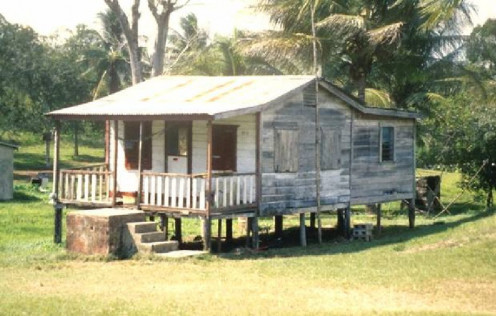
Preparing for flooding is similar to preparing for a hurricane or any severe storm capable of damaging lives and/or property. Information helpful to surviving a flood includes the following:
- Know whether or not the area you live in is prone to flooding. If so, be sure you check and know the average flood depths waters might reach.
- Keep emergency supplies, such as canned food, water, and a first-aid kit prepared and ready.
- Be sure that portable telephones, radios and flashlights are accessible in good working order.
- Have an “escape route” mapped out, just in case flood waters start to rise and evacuation becomes necessary.
- During and/or after flooding, do not allow children or pets in or near flood waters.

Hurricane Terminology You Should Know
Hurricanes don’t just happen—they develop. But, when all conditions are ripe for these storms, they can go through each stage of development quickly. For this reason, it is a good idea to familiarize yourself and your family members with words and phrases you will hear from news sources when they’re describing conditions favorable for the development of severe weather.
Tropical Disturbance/Tropical Wave: An “unorganized” mass of thunderstorms that have shown either very little or no organized wind circulation. Wind speeds are less than 25 miles per hour with these storms, and about a hundred tropical disturbances form every hurricane season.
Tropical Depression: The tropical disturbance/wave has now become a depression, and it has developed a closed wind circulation (meaning there are winds now in every direction). Although still disorganized, wind speeds have increased to around 25 miles per hour.
Tropical Storm: Rain showers and thunderstorms have now organized and moved over closed, counterclockwise wind circulation. Capable of causing minimal damage, a tropical storm has sustained wind speeds reaching at least 39 miles per hour.
Hurricane: A tropical storm develops into a hurricane when the closed wind circulation becomes an “eye,” with sustained winds of at least 74 miles per hour. These storms produce heavy rain and strong winds, and are capable of causing significant damage. The Saffir-Simpson Hurricane Wind Scale, created by a meteorologist (updated for the 2012 season), is included in the chart below.
Saffir-Simpson Hurricane Wind Scale
Category
| Winds (mph)
| Potential Wind Damage
|
|---|---|---|
1
| 74-95
| Minimal
|
2
| 96-110
| Extensive
|
3
| 111-129
| Devastating
|
4
| 130-156
| Catastrophic
|
5
| 157 or higher
| Catastrophic
|
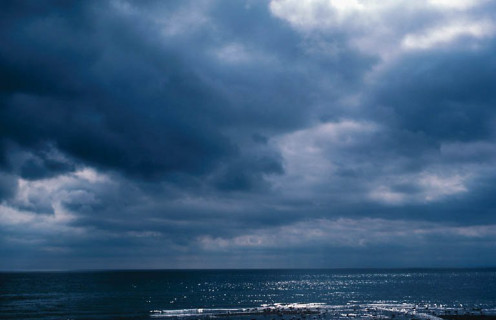
Helpful Links for Hurricane Information and Preparation
American Red Cross Hurricane Preparedness List
National Hurricane Center
http://www.nhc.noaa.gov/
Online Meteorology Guide
http://ww2010.atmos.uiuc.edu/(Gh)/guides/mtr/hurr/home.rxml
Hurricane information for kids
kidsready.gov
© 2012 Sallie B Middlebrook PhD


